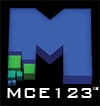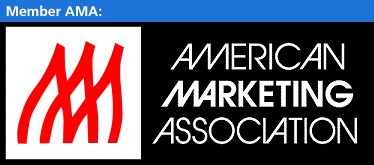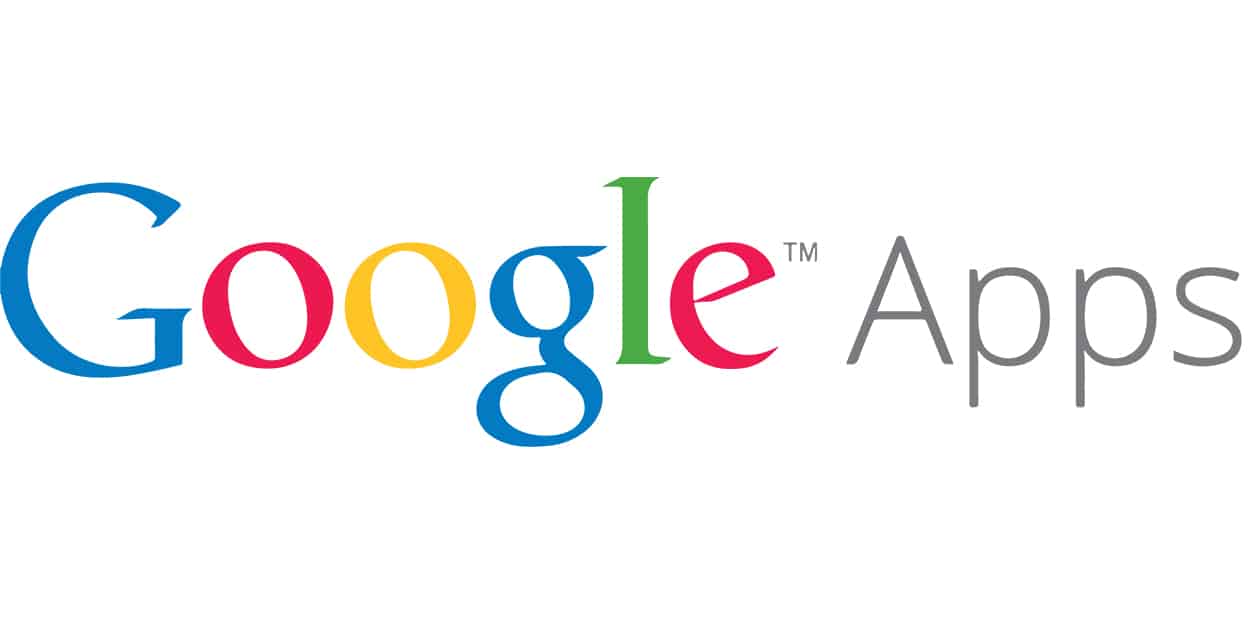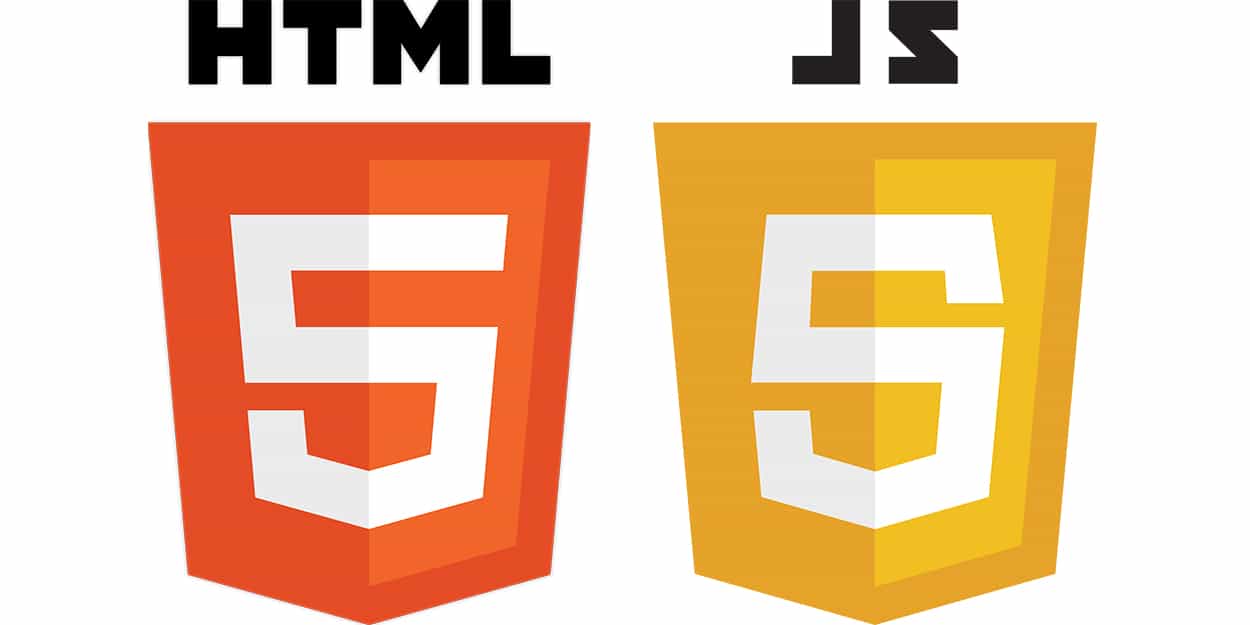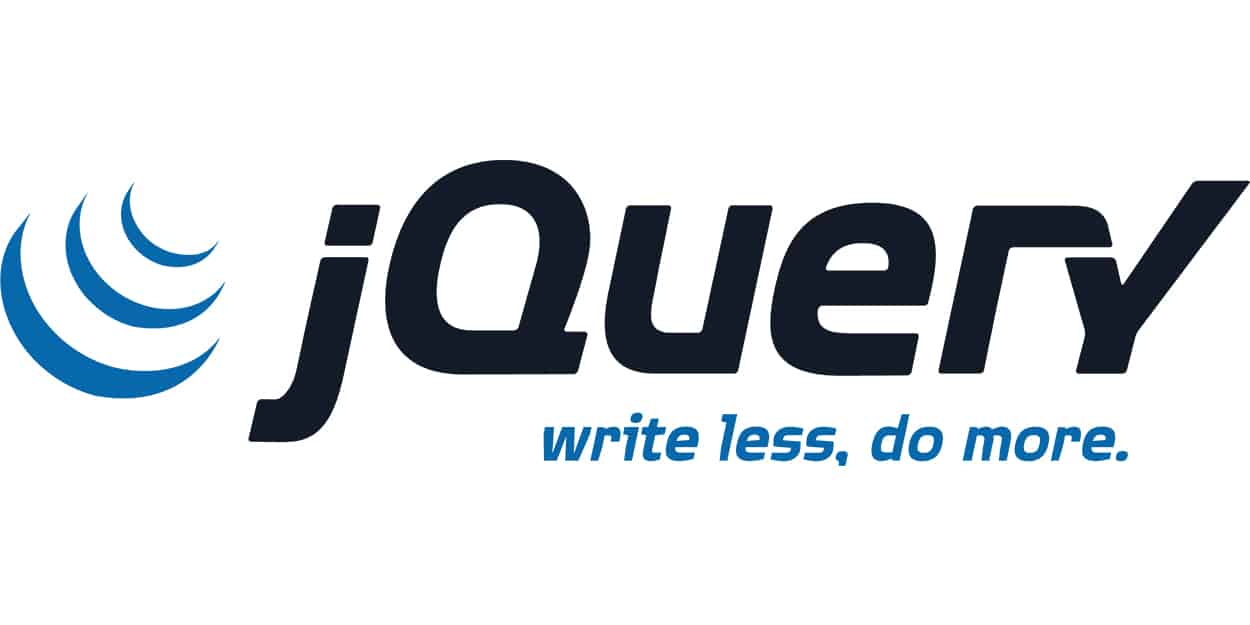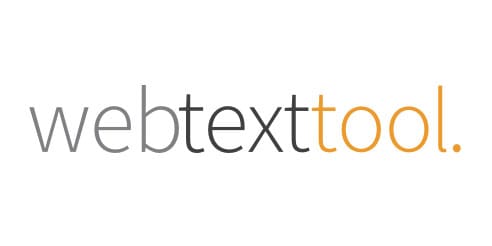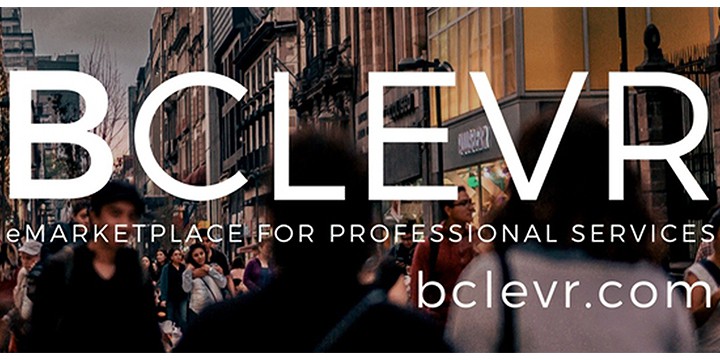Of course! Every website we design and develop at MCE123 must meet our minimum standards, which include that the website is user friendly, and that the website is Search Engine Friendly (SEF). Below are some of the attributes that we associate with these two standards:
User Friendly Websites
- The website can be viewed on any modern web browser.
- We actually test for this when we build your website - it's called cross-browser compatibility. We test in Google Chrome, Microsoft Edge, Firefox, Safari, and Opera to name a few!
- The site's visitors can easily navigate the website.
- We usually verify this criteria by testing the website ourselves in-house, however we can also hire paid surfers to test your website and ensure that it meets the definition of easy to navigate.
- The site's editor uses a WYSIWYG editor.
- We verify that the website editor allows the website owner to edit content using a What-You-See-Is-What-You-Get (WYSIWYG) editor, which takes away any requirement that the website owner needs to know how to code HTML/CSS or anything other type of computer code.
Search Engine Friendly (SEF) Websites
- All Website URLs are SEF.
- SEF URLs means that the address that is displayed in the web browser's address field is Search Engine Friendly (SEF).
- The website can be optimized for Search Engine Optimization (SEO) easily.
- It's necessary that the website supports SEF fundamentals without any extra coding if it uses a Content Management System (CMS).
- All of the website's modules use SEF methods, such as SEF URLs.
- Even if the website doesn't use a CMS, any software that it uses must be SEF complaint.
Hopefully this helps to explain some of our standards when we develop a website. There are a lot of standards that we keep, and verify when we build websites, and we hope that our past websites, as evident by our Marketing Portfolio, help to exhibit these standards in their design and construction.
